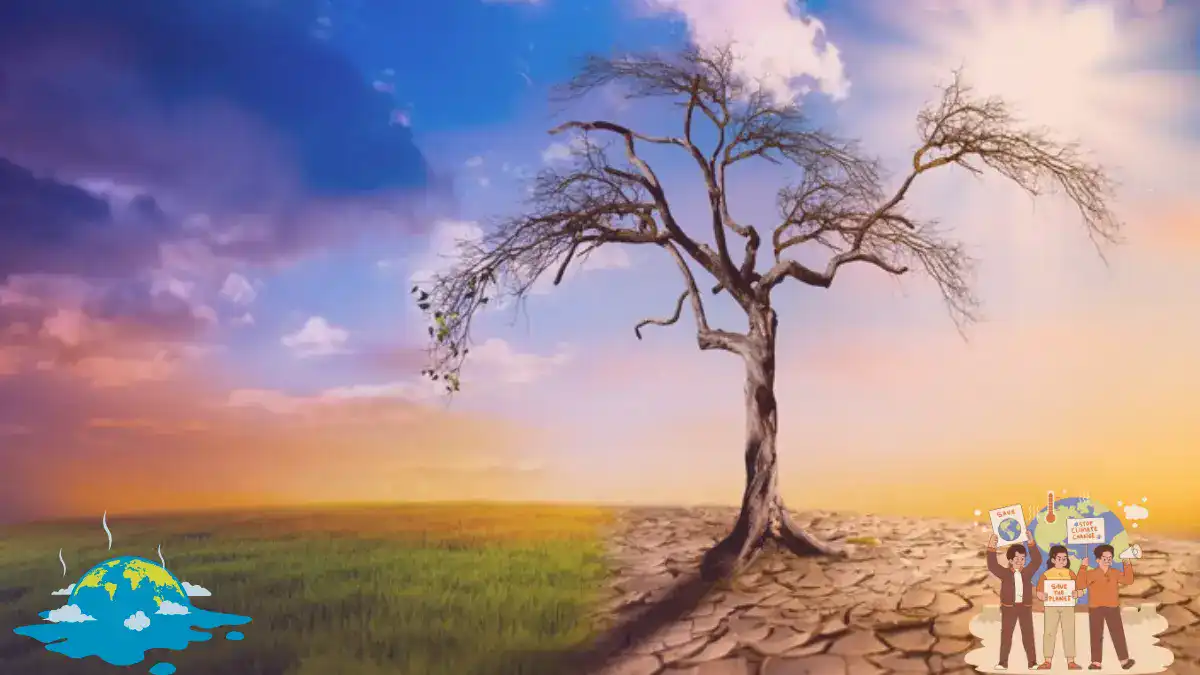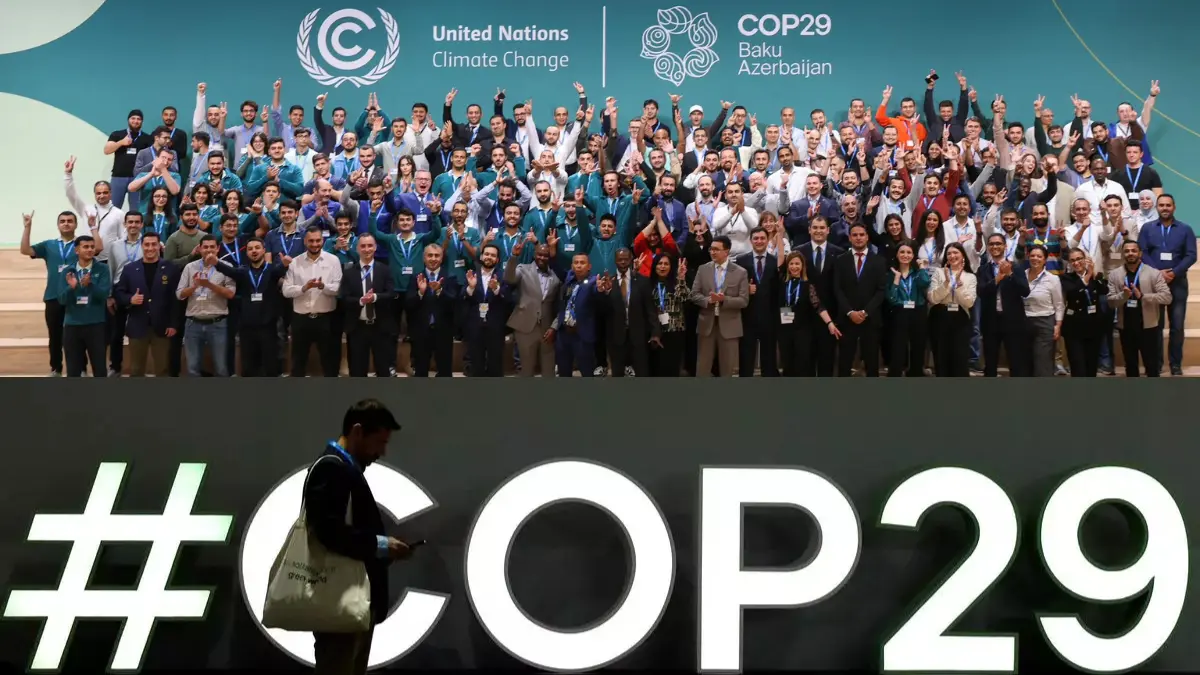
Climate change is a pressing issue that affects everyone, but the role of developing countries in this global crisis often sparks debate. Many wonder: How much do these nations contribute to climate change, and is their impact significant? While it’s easy to point fingers at the industrialized world, developing countries also play a part in the environmental narrative. In today’s news, this topic has taken center stage as the world continues to grapple with finding solutions. Let’s dive into how developing countries contribute to climate change and why understanding this is crucial for effective global action.
Understanding the Carbon Footprint of Developing Nations
At first glance, it may seem that developing countries have a smaller carbon footprint than their developed counterparts. This is partly true. Historically, industrialized nations have emitted the lion’s share of greenhouse gases (GHGs) due to their early and rapid industrialization. However, the dynamics are changing. As developing countries pursue economic growth and industrialization, their emissions are rising. They are building factories, expanding urban areas, and increasing energy production, often relying on fossil fuels like coal and oil.
This reliance on non-renewable energy sources contributes significantly to GHG emissions. For example, countries like India and China have experienced rapid economic growth over the past few decades. While this growth has lifted millions out of poverty, it has also led to increased emissions. The balancing act between economic development and environmental protection is a challenging one, but it is a reality that these nations must navigate.
Deforestation: A Major Contributor
Deforestation is another critical factor contributing to climate change in developing countries. Forests act as carbon sinks, absorbing CO2 from the atmosphere. However, in many developing nations, forests are being cleared at an alarming rate for agriculture, logging, and other economic activities. This not only releases stored carbon into the atmosphere but also reduces the planet’s capacity to absorb future emissions.
For instance, the Amazon rainforest, often referred to as the “lungs of the Earth,” has seen substantial deforestation, largely driven by agricultural expansion in countries like Brazil. Similarly, Southeast Asian countries like Indonesia and Malaysia face deforestation due to palm oil production. These activities, while economically beneficial in the short term, have long-term implications for global climate health.
Urbanization and Its Environmental Impact
Urbanization is booming in many developing countries as people move from rural areas to cities in search of better opportunities. This migration leads to the expansion of cities, often without adequate planning or infrastructure. Urban sprawl increases the demand for housing, transportation, and energy, which can significantly boost a country’s carbon footprint.
Moreover, many cities in developing countries lack efficient public transportation systems. As a result, there is a heavy reliance on private vehicles, which increases emissions. The growth of informal settlements or slums also contributes to environmental degradation, as these areas often lack proper waste management systems, leading to pollution and health hazards.
The Role of Agriculture and Livestock
Agriculture is a cornerstone of the economies of many developing countries. However, traditional agricultural practices and livestock farming contribute to climate change. For example, rice paddies emit methane, a potent GHG, during cultivation. Similarly, livestock farming, particularly cattle, produces significant amounts of methane through enteric fermentation.
In many developing nations, these practices are prevalent due to a lack of access to more sustainable farming technologies. While efforts are being made to introduce climate-smart agriculture, progress is slow, and the emissions from agriculture remain high.
Challenges in Adopting Clean Energy
Developing countries face numerous challenges in transitioning to clean energy sources. While there is a global push for renewable energy, such as wind, solar, and hydro, the initial investment required can be prohibitive for poorer nations. Additionally, these countries often lack the necessary infrastructure and technical expertise to implement large-scale renewable energy projects.
Furthermore, many developing nations have substantial reserves of coal and oil, which are seen as quick and reliable sources of energy to fuel economic growth. The temptation to use these resources is strong, especially when the alternative is perceived as costly and uncertain.
The Need for Global Cooperation and Support
The contribution of developing countries to climate change is undeniable, but it is also a nuanced issue. These nations are often caught in a dilemma: they need to grow their economies to improve the living standards of their populations, but this growth often comes at an environmental cost.
To address this, there needs to be a global effort to support developing countries in adopting more sustainable practices. This includes financial aid, technology transfer, and capacity building. Developed nations, which have historically contributed more to climate change, have a responsibility to assist those who are now beginning to industrialize.
Conclusion
Developing countries contribute to climate change in various ways, from deforestation and industrial emissions to urbanization and agriculture. While their carbon footprint may still be smaller than that of developed nations, it is growing. Addressing this issue requires a balanced approach that considers the need for economic development and environmental protection. As we move forward, global cooperation and support will be essential in helping these nations find sustainable pathways to growth. Only through such efforts can we hope to mitigate the impacts of climate change and ensure a healthier planet for future generations.









